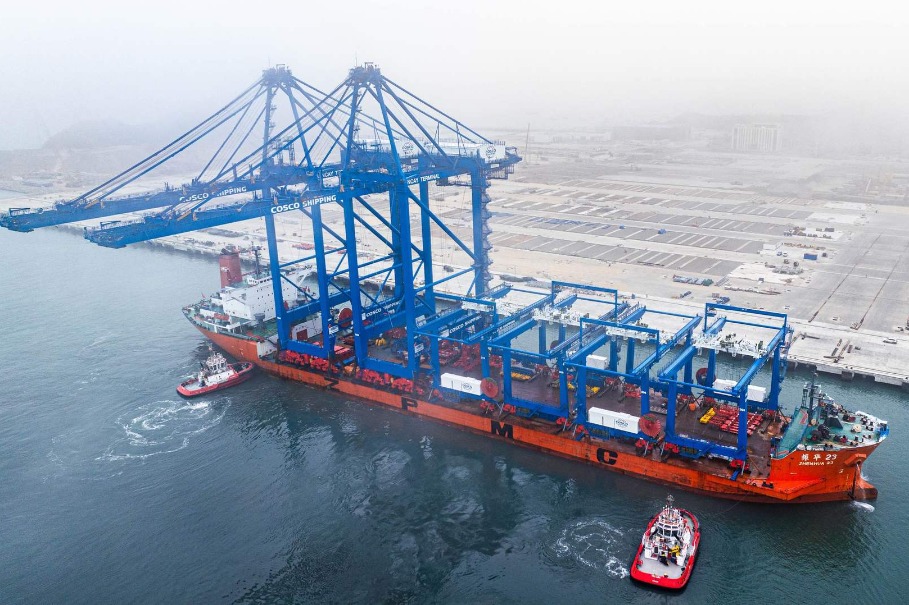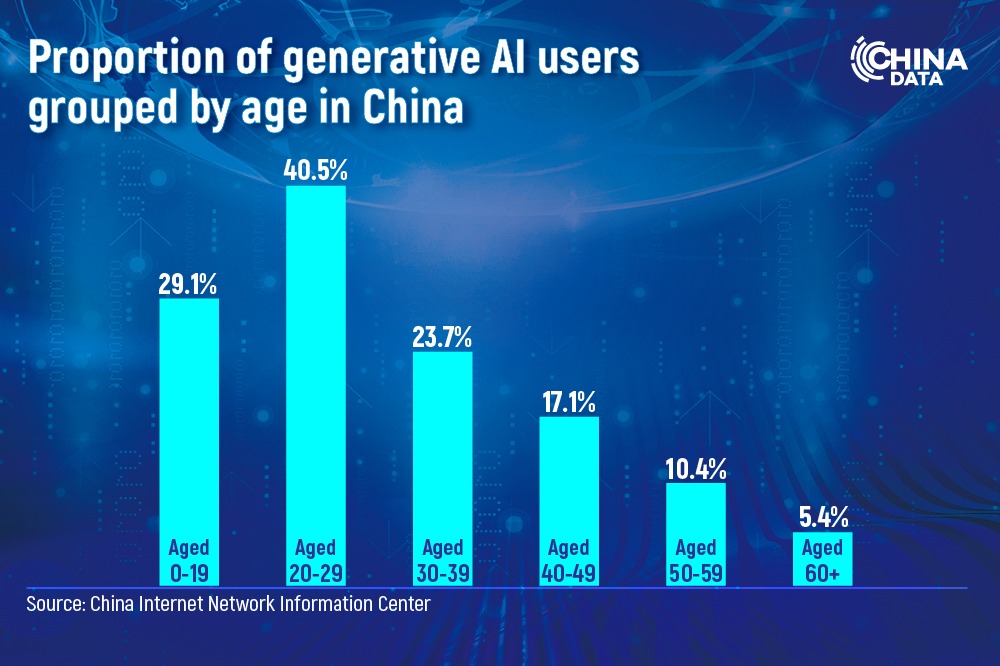Forum focuses on shared future for all

Promote equitable development
The gap between the North and South has been expanded rather than being reduced. The difference in per capita income between the richest country and the poorest country has enlarged from 30 times in 1960 to the current 70 times.
The conflict between the realization of an external economic equilibrium and that of internal economic equilibrium is a great constraint on the macroeconomic policies of developing countries.
Moreover, with continuous innovation of financial instruments, rapid expansion of financial assets and the trend of privatization of international capital, a large volume of international floating capital has had an enormous impact on the economic safety and financial stability of developing countries.
The huge amount of floating international capital may soon cause bubble economies and disorderly fluctuations in currency exchange rates. It may also weaken the monetary sovereignty of countries and bring about a dysfunction of monetary policies.
In order to prevent and dissolve the risks brought about by economic globalization to developing countries, and to calm the political fallout in the form of populist movements, a number of urgent measures with the aim of equitable developments for all should be adopted.
Mehri Madarshahi is a senior economist and vice-chair of the Asia Pacific Exchange and Cooperation Foundation.


































